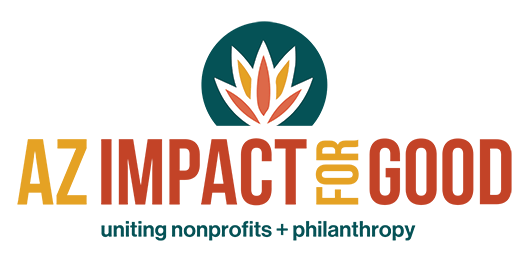Sounding the Alarm on Shutdowns and Executive Overreach

Sounding the Alarm on Shutdowns and Executive Overreach
September Advocacy Newsletter
As the federal government teeters on the edge of another shutdown, nonprofits across the country are bracing for disruption. The potential lapse in funding threatens not only direct service delivery but also the stability of thousands of organizations that rely on federal grants to support housing, food security, education, and public health. The uncertainty is compounded by recent executive actions that signal a more aggressive posture toward the nonprofit sector.
One of the most concerning developments is a presidential memorandum issued on August 28, 2025, directing the Attorney General to investigate whether federal grant funds are being used to “illegally support lobbying activities”.This move, framed as a crackdown on “partisan misuse” of taxpayer dollars, could have chilling effects on nonprofits. Organizations that engage in policy education or coalition-building, even within legal bounds, may find themselves under scrutiny, especially if their work touches on politically sensitive issues like immigration, racial equity, or climate change.
Simultaneously, a series of executive orders have reshaped the federal grantmaking landscape. One order mandates that senior political appointees review all discretionary grant announcements to ensure alignment with the administration’s priorities. These priorities explicitly discourage funding for initiatives that promote “racial preferences,” “gender ideology,” or “anti-American values”
The order also introduces termination-for-convenience clauses into grant agreements, giving agencies broad authority to cancel funding midstream. For nonprofits, this means increased risk and reduced autonomy—especially for those working in progressive or equity-focused spaces.
The threat to nonprofit free speech has also escalated. Over 100 philanthropic organizations, including the Ford Foundation, Open Society Foundations, and MacArthur Foundation, issued a joint letter condemning political violence and defending the right to speak freely and give charitably
“Attempts to silence speech, criminalize opposing viewpoints, and misrepresent charitable giving undermine our democracy,”
This sentiment was echoed in a joint statement from Independent Sector, the National Council of Nonprofits, United Philanthropy Forum, and the Council on Foundations. The statement warns that targeting institutions like Harvard University for ideological reasons, such as threatening to revoke its tax-exempt status, sets a dangerous precedent.
“Civil society must remain independent of government influence,” the statement reads. “Undermining it—for any reason, by any leader—is a threat we cannot and will not ignore”
Advocacy is not just a right. It’s a responsibility.
|
The Arizona Landscape
|
|
